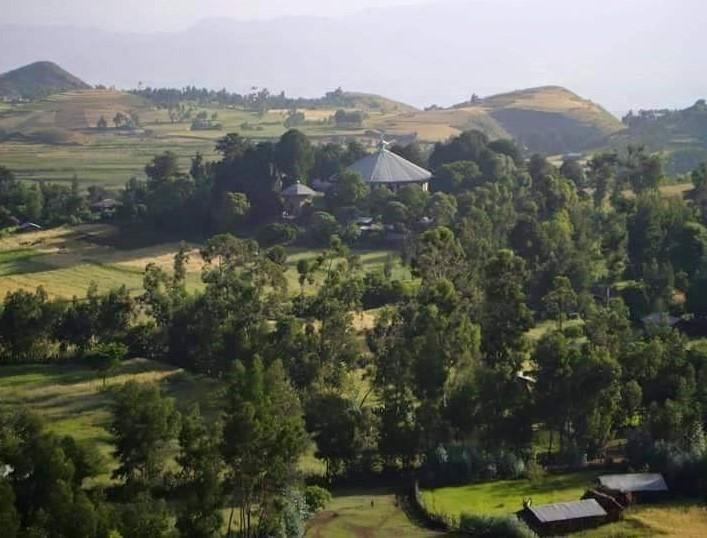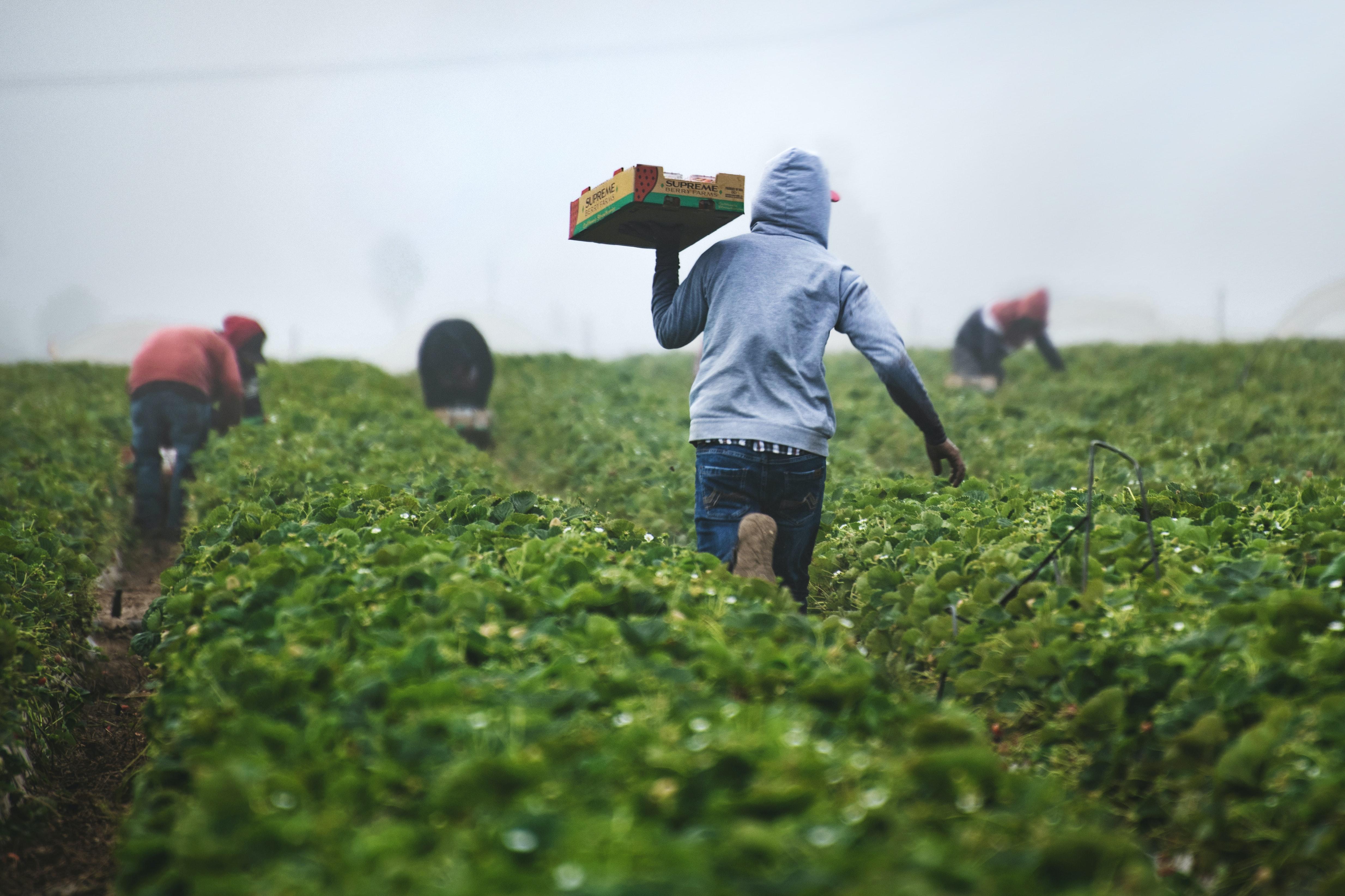
The novel coronavirus (COVID-19) has continued to spread at an alarming rate since its discovery. So far, more than a million cases and tens of thousands of deaths have been reported worldwide and the virus has spread to almost every country.1 The pandemic is spurring dramatic changes to all sectors and systems, with significant effects on economic, health, transportation, and education systems. Equally important is its impact on local and global food systems, particularly on governments’ ability to provide safe, sufficient, affordable, and nutritious food to all citizens.
The pandemic is already causing food security problems in many parts of the world, particularly in sub-Saharan Africa (SSA), where economic activities are being disrupted, trade is slowing and the agriculture and food industry is struggling. Consequently, food supplies are becoming harder to get locally. Unless governments take urgent steps to mitigate these challenges, we might see hunger and widespread starvation, exceeding the capacity of the health sector to respond.2
During such an emergency, the most at-risk population groups are those who are already struggling with hunger, health, and poverty.3 Unfortunately, many countries in the SSA region are hardly prepared, considering existing issues of drought, weak health systems, ongoing political instabilities, and the presence of millions of internally displaced peoples (IDP). Since many countries are within the containment phase of the epidemic curve, time is of the essence, and urgent action to prevent the pandemic should be the overriding objective. Otherwise, countries might face a double catastrophe due to both the virus itself, as health systems struggle to respond, and also due to food insecurity and hunger.
What do governments need to do?
In many countries, food security is handled at the national level. However, during a severe pandemic like this, national governments may be overwhelmed and may be unable to provide timely assistance to every affected region or county. During such an emergency, the most important for governments to focus on is effective planning. In addition, they need to take the following necessary actions:
- Food availability: Work closely with grassroots administrators, the local community and the private sector to secure essential food stocks during successive periods (waves) of 6–12 weeks, when normal supplies of food may be disrupted.
- Food access: Ensure that the population can obtain the food they need, especially the most vulnerable individuals (infants, young children, women, elderly people, homeless people, people living with HIV/AIDS and other chronic illnesses, disabled people, and homebound individuals).
- Education: Intensify public health education, using innovative and culturally sensitive approaches, about the necessity of increased hygiene, nutrition, and safe food and water storage.
- Collaboration: Work hand in hand with sub-national governments and the private sector to reduce malnutrition and other debilitating diseases so that people’s bodies can make the best use of the foods they eat (food utilization).
- Preventing shortage: To end restrictions on transportation and disruptions in markets that may quickly create shortage problems, governments and allied stakeholders should educate the public about the critical need to prepare for food shortages at the household level by promoting responsible levels of stockpiling, home production, canning, and food preservation.
- Community food production: As many communities rely on markets, especially in urban settings, capacity for home food production and/or processing is limited, and local production systems are unable to cope with shocks. Therefore, governments need to increase household and community food production through distributing seeds, tools, and fertilizers for small rural farms and urban gardens before, during and after the pandemic. In addition, governments could help by providing local agricultural and livestock extension services and technical assistance.
- Food safety: For problems related to food spoilage from improper storage, governments could optimize the use of public and private storage facilities that could be used for emergency food stockpiling.
Governments must take immediate action on food security as a key intervention to reduce the impact that the COVID-19 pandemic may pose to millions in the SSA region. Otherwise, it may be too late to produce more food locally or expect international food aid. With mounting challenges of transporting food to reach those affected if transportation systems break down and as food prices rise with increases in stockpiling, the time is now to act to prevent a food security crisis.
See here for more information about Taddese's IMMANA Fellowship.
Twitter: @TaddeseA





